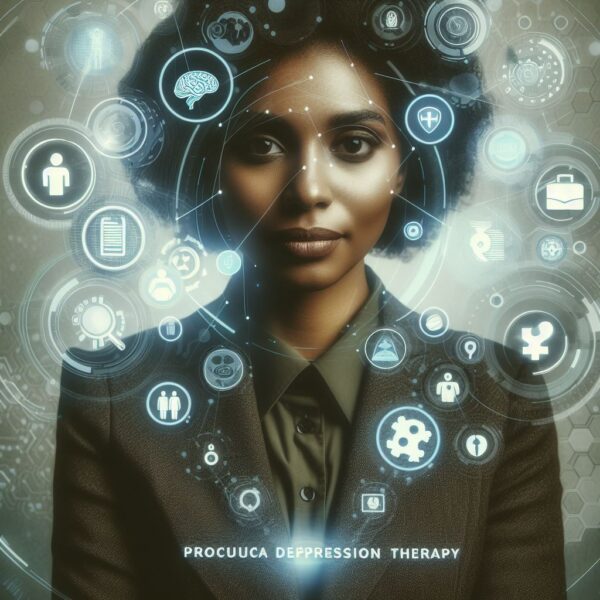Discover Hope: Depression Therapy for a Brighter Tomorrow
Depression is more than just feeling sad; it’s a complex emotional state that affects millions of lives worldwide. At our center, we offer specialized depression therapy services tailored to empower individuals on their journey toward emotional well-being.
Why Choose Our Depression Therapy Services?
Depression can be isolating, leaving individuals feeling trapped in a cycle of despair. Our compassionate therapists provide a safe space where clients can express their feelings, gain insights, and develop effective coping strategies. Here’s how our depression therapy works:
- Assessment and Personalized Treatment Plan:
- We begin with a thorough assessment to understand each client’s unique experience. Our therapists collaborate with clients to create a personalized treatment plan that aligns with their goals.
- Evidence-Based Approaches:
- Our therapists utilize evidence-based techniques, such as cognitive-behavioral therapy (CBT) and interpersonal therapy (IPT). These approaches help clients challenge negative thought patterns, improve communication, and enhance emotional resilience.
- Emotional Support and Validation:
- Depression can make individuals feel unheard and invalidated. Our therapists actively listen, validate emotions, and provide empathetic support throughout the therapeutic process.
- Skill-Building and Coping Strategies:
- We equip clients with practical tools to manage depressive symptoms. These include stress reduction techniques, mindfulness practices, and healthy lifestyle adjustments.
- Holistic Approach:
- Beyond therapy sessions, we emphasize holistic well-being. Clients learn self-care practices, engage in physical activity, and explore creative outlets to enhance their emotional health.





